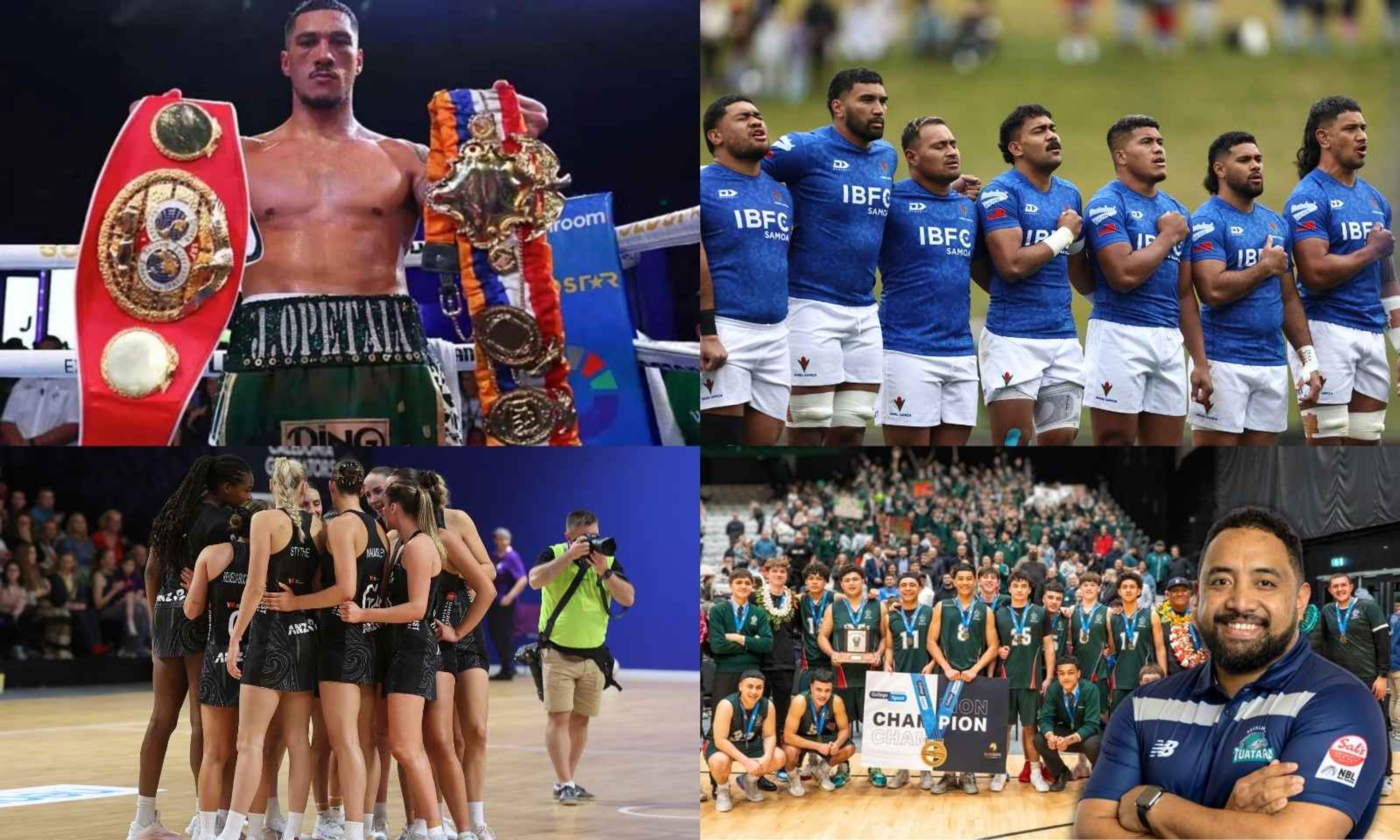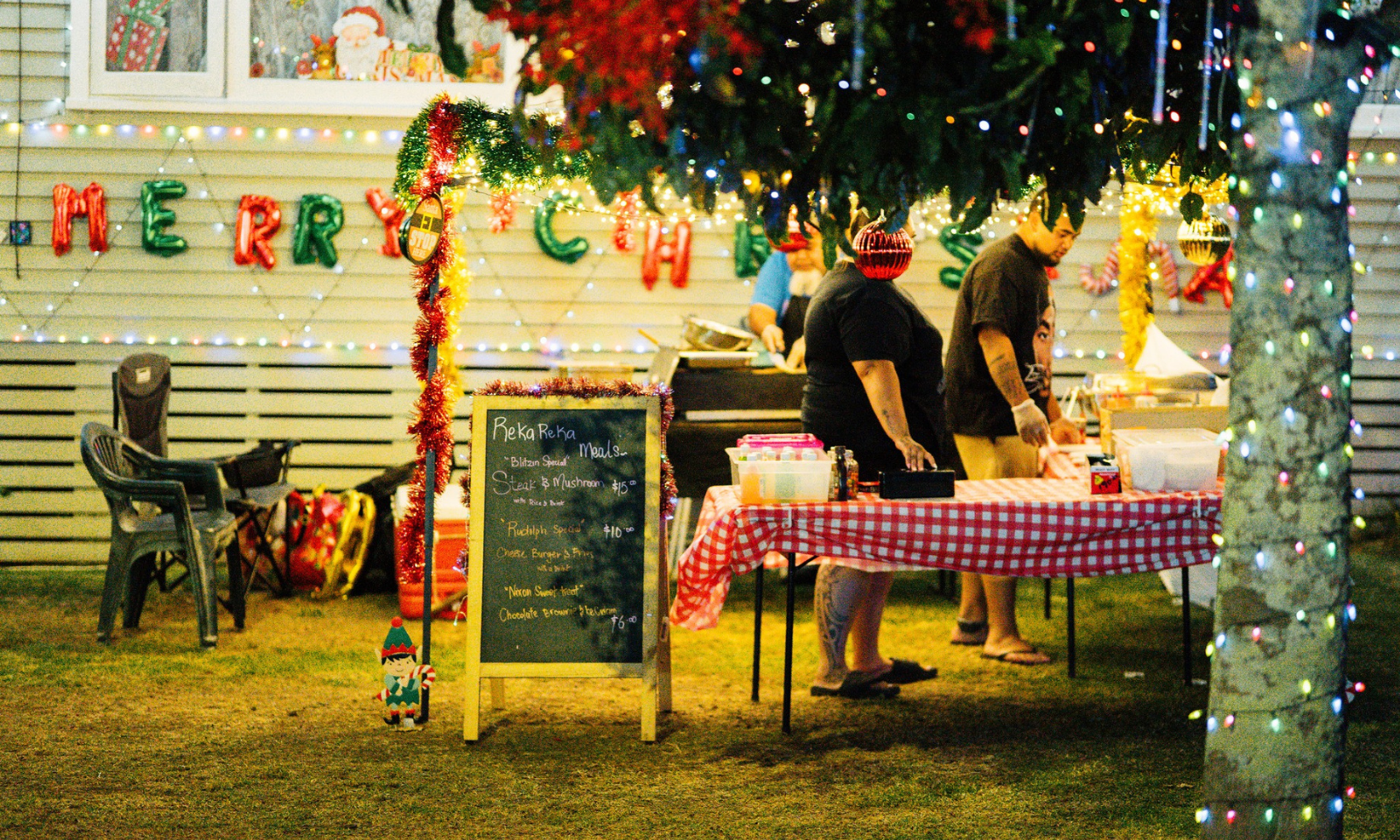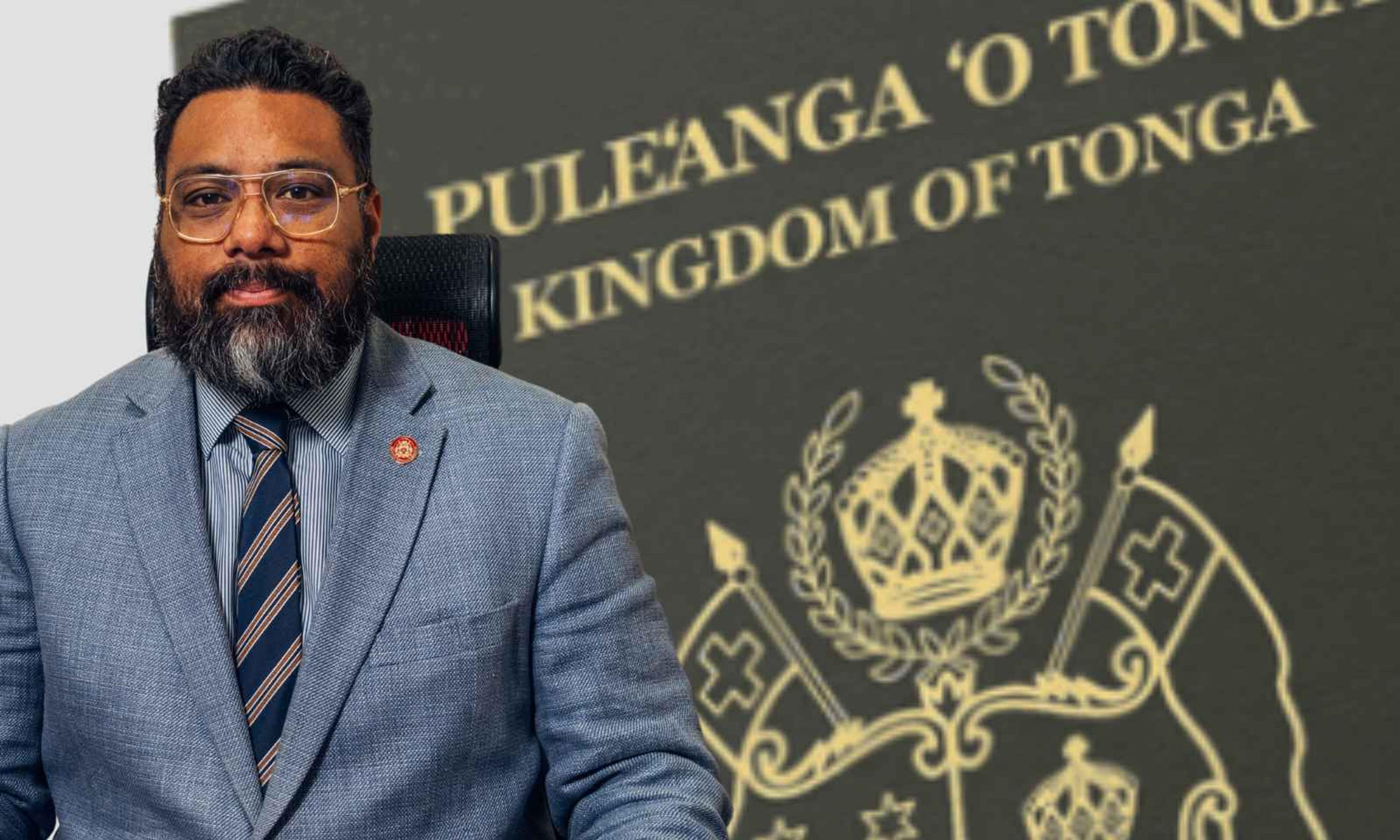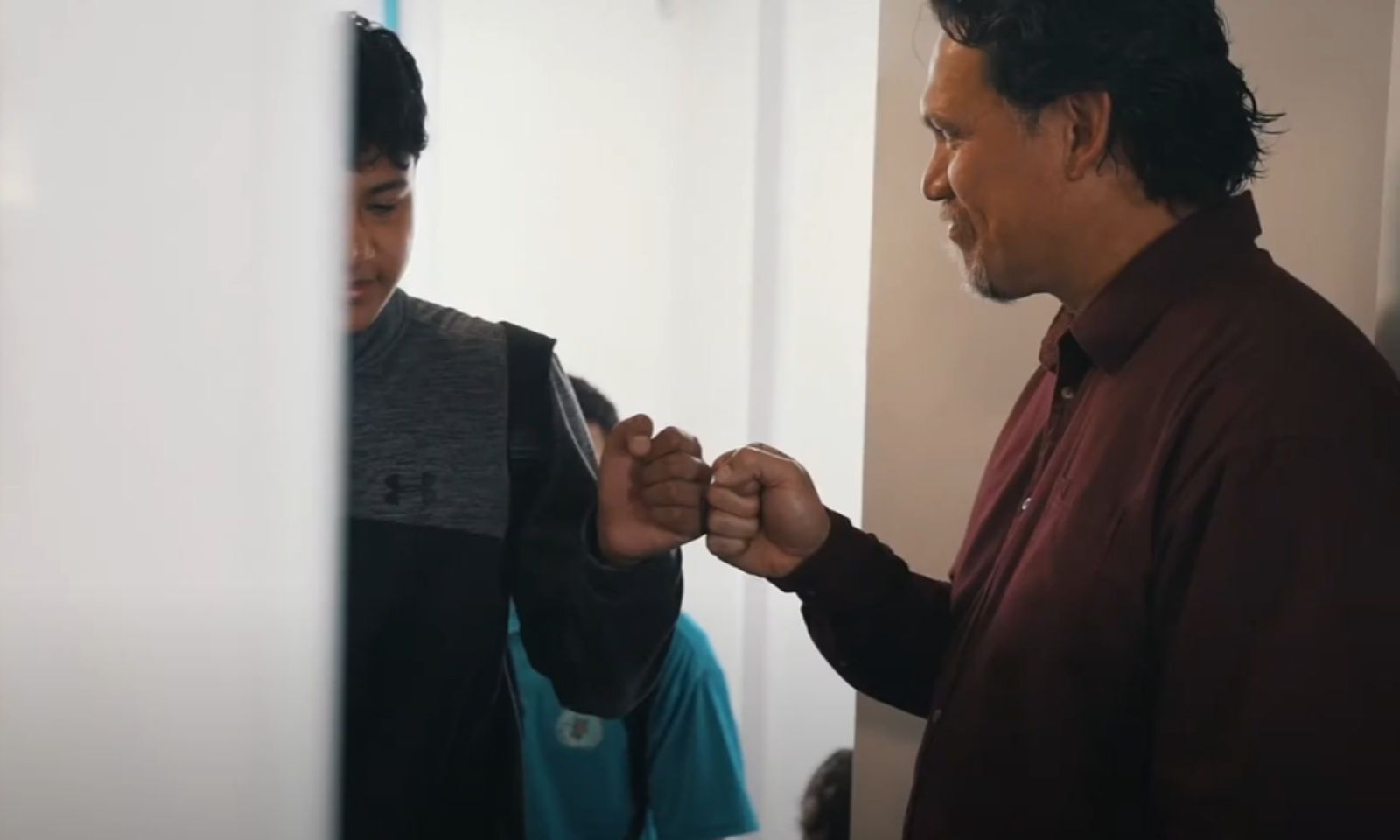

Photo /RNZ/Cole Eastham-Farrelly
Character school process is 'near-impossible' - principal
Falefatu Enari, of the Pacific Advance Secondary School, is arguing for charter schools, saying character schools aren't much of a substitute if they are near-impossible to ascertain.



Pacific sports wrap: 2025’s massive highs, lows and historic firsts


Fresh warning as Tonga PM defends citizenship investment scheme



Pacific sports wrap: 2025’s massive highs, lows and historic firsts


Fresh warning as Tonga PM defends citizenship investment scheme
"I don't know what people are worried about. They're happy to keep us where we are, [but] not happy for us to explore other avenues."
That's how Pacific Advance Secondary School (PASS) Principal Falefatu Enari feels about the push against reintroducing charter schools.
The government's $153 million plan will set up 50 charter schools over the next four years, 35 of which being state school conversions with the remaining 15 built from the ground up.
However, some have argued that special character schools already exist, and have legal protections charter schools do not.
Speaking to William Terite on Pacific Mornings, Enari said character schools existing and making charter schools superfluous is not worth much if the former is "almost impossible" to achieve.
"We're currently called a special character school," Enari said.
"This option already exists within the education system and people say 'why don't you just take that option?'
"I bet you those people who say that have never tried to take that option within the system - we have - it is almost impossible."
Both sides of the debate acknowledged the difficulty of opening character schools, from charter school advocate Alwyn Poole to the PPTA, where the latter says the character school process should be more accessible.
Watch the full interview via 531pi's FB below:
PASS was established in 2015 as a charter or Partnership school - Kura Hourua in Ōtāhuhu, which was converted to a Designated Special Character school in 2018 under the previous government.
The first year of PASS was a "tough road" according to Enari, as the school, which at the time only enrolled Year 11 students, had a 57 per cent pass rate which was below the Ministry of Education's performance target.
Enari said they had come a long way since then where their latest results showed they bettered in some of the local colleges in University Entrance.
"We're above the national norm of the same equity index of our area," he said.
PASS employs a family model where its co-principals Enari and his wife Parehui Enari are referred to as tamā and tinā (father and mother), alongside their staff who represent the uncles and aunties.
"Our patron is Princess Siu'ilikutapu," Enari said.
"Why that's important is because anybody considering this option of education needs a really robust board and backing behind them."
The PASS board includes Enari himself, chairperson La'auli Savae Sir Michael Jones, who co-founded the school, alongside trustees Hamish Crooks, Pauline Winter, and Reverend Setaita Veikune.
Enari said the difference between PASS and the mainstream schools was from the beginning, as the former employed a Pacific-centric system in its methodology in contrast to the latter's "traditional education".
"When people in New Zealand talk about traditional education, they're talking about an institution or organisation where a child will turn up and recognise British, or colonisers', or settlers' culture and values."
He said students from the Pacific region could walk into PASS and connect with the school's culture as it was reflective of where they came from.

Photo /YouTube/Pacific Advance Secondary School
Enari said among the back-and-forth around charter schools, it saddened him that people "blindly wave flags" without any research.
He said when people arrived at PASS they were astonished by the support and cultural upliftment where the students were recognised "as Polynesian by Polynesian".
"To the ones who have done their full research and have philosophical reasons why they're against this, I acknowledge that and I respect that.
"To those who have no idea I really encourage them to come and visit. We're finding that the variety we're giving them, they're responding very well to.
"I believe other people have great ideas in which they could run some options for those other kids we're not catering for.
"We need some options for our kids because the current system wasn't built for us."